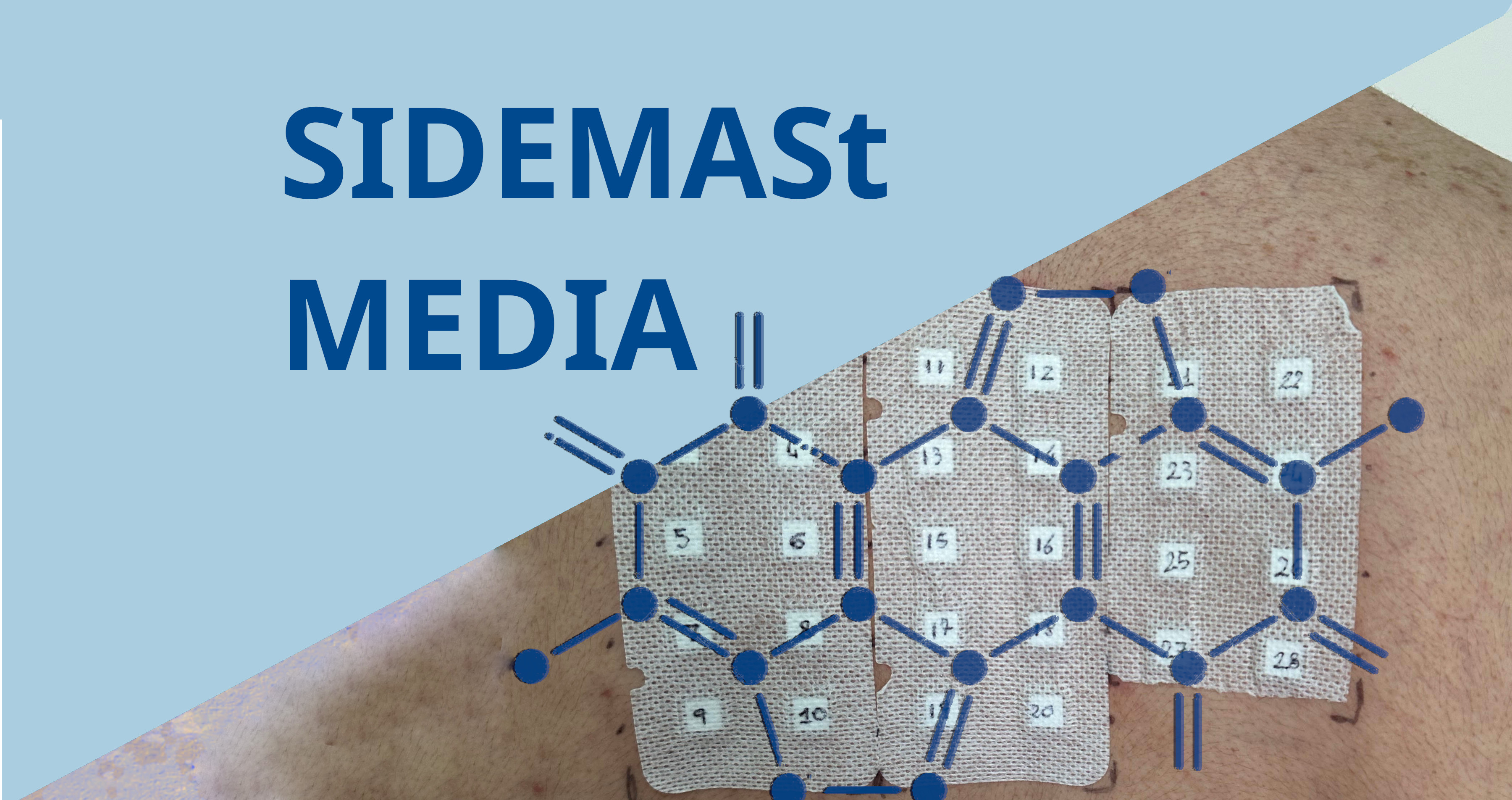The study, led by researchers at the Icahn School of Medicine at Mount Sinai, New York, New York, and Northwestern University's Feinberg School of Medicine, Chicago, Illinois, was published online in the Journal of Allergy and Clinical Immunology.
Emma Guttman-Yassky, MD, Icahn School of Medicine, and colleagues investigated lesional and non-lesional skin biopsies from 19 infants and children with AD (aged <5 years), and compared them to age-matched paediatric controls, in addition to adult AD biopsies.
The researchers found that the non-lesional skin of young children with early eczema is already highly abnormal with significant immune activation, simulating that of lesional skin of adults with many years of active disease.
"The important findings may suggest the need for early immune intervention at a young age, not only to treat the eczema but perhaps also to prevent other allergic diseases," said Dr. Guttman-Yassky.
The study also highlighted some important differences between the adult and paediatric phenotypes. First, the research showed that paediatric AD is associated with increased lymphocyte activation, including Th2 lymphocyte cells, which is also similar to adults with AD. The researchers also discovered that that unlike the adult disease, the paediatric eczema profile has robust and significant increases of Th17 T lymphocyte cells, which are characteristically increased in psoriasis, a disease that is now being successfully targeted in using anti IL-17 and IL-23-targeting strategies.
"In addition to targeting Th2 lymphocyte cells as in adults, treatment approaches for children with eczema may need to target other types of T lymphocytes, particularly Th17 T lymphocytes," said Dr. Guttman-Yassky.
Another significant finding was that the study found no abnormalities in paediatric eczema skin in an abundant barrier differentiation protein called filaggrin, which has been markedly deficient in adult eczema skin and blamed for the epidermal barrier abnormalities and characterises the skin of patients with AD. The researchers also found that early eczema skin does not show the deficiency in skin-produced infection-fighting proteins that has been described in adult eczema skin.
The researchers were intrigued by these findings, noting that they challenge the classically held idea of filaggrin deficiency as an instigator of the atopic march.
"This important study emphasises the great need of better understanding the immune system in paediatric skin and shows that treating eczema may require a more personalised medicine based on age and other factors such as race and ethnicity," said Mark Lebwohl, MD, Icahn School of Medicine at Mount Sinai. "Dr. Guttman-Yassky's research is opening the door to new therapeutic discoveries and helping to improve the quality of lives of adults and children with eczema."








